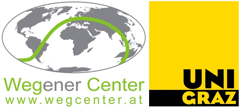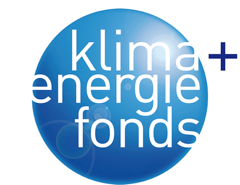
Work Package 1: Assessing current modeling practices
The accomplishment of WP 1 is a meta-analysis of the strengths and weaknesses of current energy modelling practices that are presented in detail in ClimTrans2050 Working Paper #1 (Schinko et al., 2015) attached in the Appendix of the research plan. For the most common state of the art energy modelling approaches a critical and systematic review has been conducted, giving insight into the respective strengths and weaknesses with special regard for long-term transition analyses
Based on this meta-analysis we suggest that a methodological framework for analyzing long-run transition processes has to move beyond current state of the art techniques and simultaneously fulfil the following requirements: (1) inherent dynamic analysis, describing and investigating explicitly the path between different states of system variables, (2) specification of details, in particular of the central role of functionalities that are provided by the interaction of flows and corresponding stock variables, (3) a clear distinction between structures of the energy/emission/economic systems and (economic) mechanisms and (4) ability to find feasible pathways (e.g. reflecting both the investment and the operating phase). Furthermore, a crucial early task in modelling is to specify explicitly which of the model elements are determined endogenously, and which exogenously, ideally governed by the demands of the underlying question to be answered.




